August is recognized as National Water Quality Month! This is a great time to renew your commitment to protecting and enhancing water quality in Southwest Florida. Let’s face it – most of us live here because we love all of the water resources Florida has to offer. Whether you enjoy going to the beach, fishing, kayaking, or just admiring the views of your community pond, there’s something for everyone.
Since water touches every aspect of our lives, each of us is responsible for the protection of this precious resource. There are many ways we can benefit local water quality, some of which are things we can start doing right now!
Curious how you can help benefit local water quality?
Say “No” To Nitrogen
Sarasota County ordinance prohibits the application of nitrogen to landscapes from June 1st through September 30th.
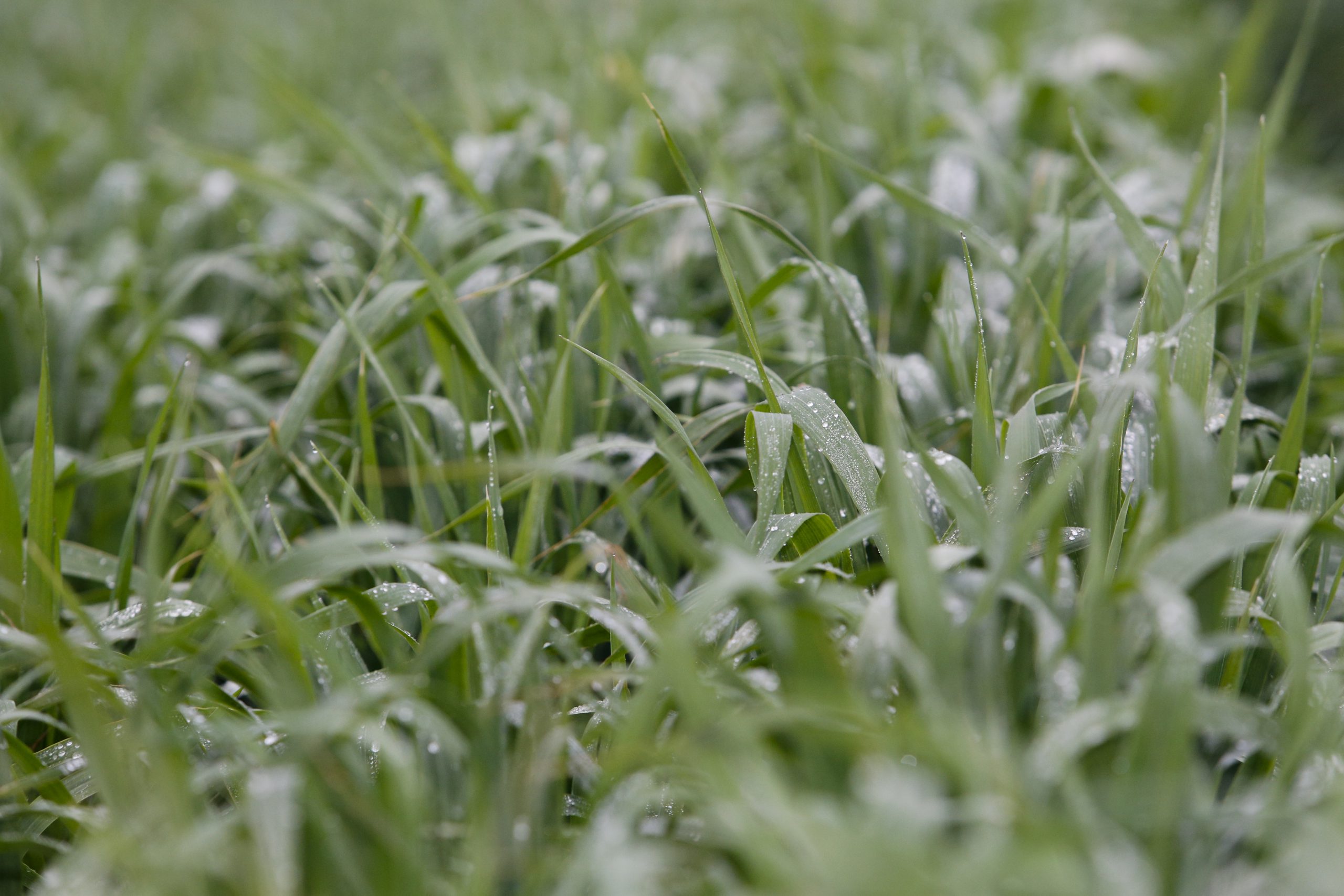
Many fertilizers contain nitrogen. Nitrogen is necessary for proper plant growth, but this nutrients can become a pollutant if it leaves its intended application site. Some forms of nitrogen dissolve in water, and summer rains can sometimes wash away this nitrogen before it’s used by your plants. If you fertilize outside of June through September, always choose a product that contains at least 50% of its nitrogen from “slow release” or “insoluble” sources.
Nitrogen is represented by the first number of the N-P-K value listen on fertilizer’s packaging. Ingredient information can also be found on the back of most packaging.
Learn more about Fertilizer Management in Sarasota County.
Tune Up Your Irrigation
Be sure that you are irrigating responsibly – not too much or too often, and never onto hard surfaces like streets and driveways.
Some residents have Reclaimed Water available for irrigation. Reclaimed Water is an incredible tool for conserving our water supply, but it must be used responsibly. Reclaimed Water contains
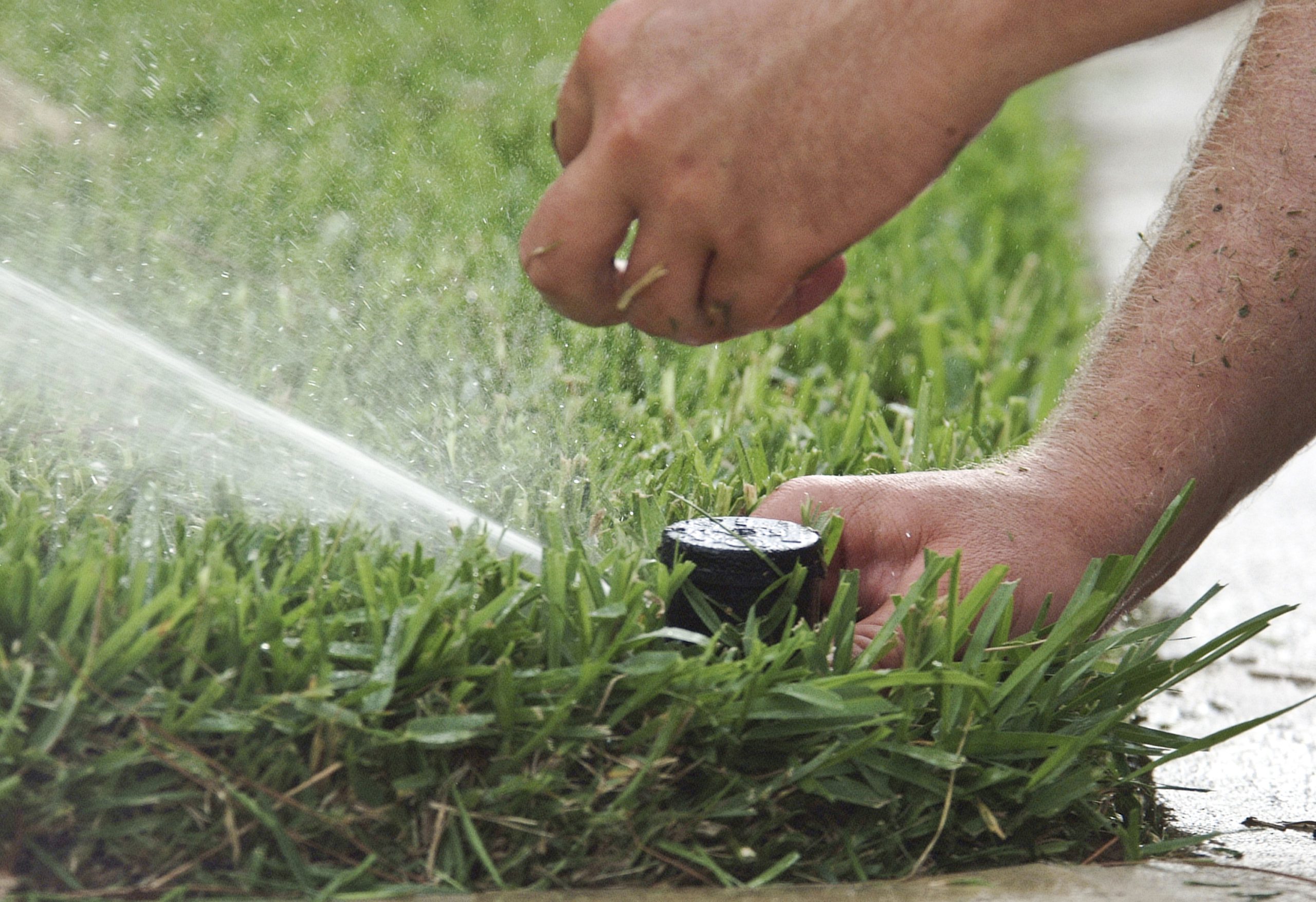
residual nitrogen and phosphorus, two common pollutants in Florida’s waterways. Be mindful that you are not over-irrigating with reclaimed water, and make sure that your reclaimed water is not spraying onto hard surfaces. Reclaimed water that is allowed to spray onto driveways and streets may contribute to runoff pollution. Excess irrigation and improperly place irrigation heads have the potential to contribute to runoff, which may carry pollutants into our stormwater system where they can impact connecting bodies of water.
UF/IFAS Extension Sarasota County offers a FREE Irrigation Evaluation Service. During this service, your home irrigation system will get a full check-up to assess leaks, areas of disrepair, and overall efficiency. After an Irrigation Evaluation, homeowners are given a custom report of recommended repairs and retrofits to consider. You can sign up for your FREE Irrigation Evaluation HERE!
Plant It Out
It’s well known that plants offer many amazing benefits. Did you know that plants growing in and around your community pond can actually help the environment?
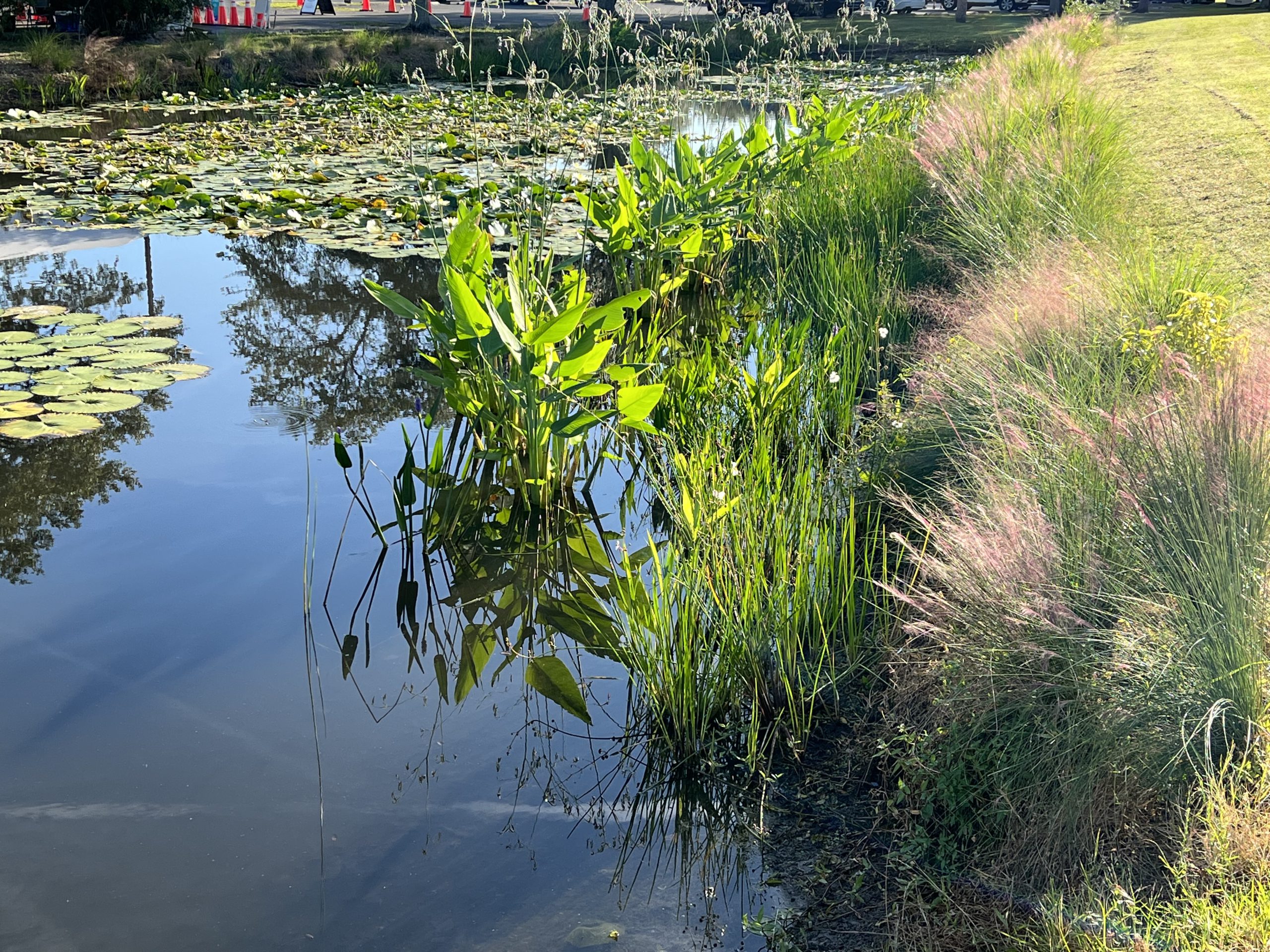
Consider adding plants to your pond’s littoral zone (shallow area around the inside perimeter of a pond) and bank. A diverse community of plants can encourage a healthy ecosystem, provide food and habitat for desirable wildlife such as birds and mosquito-munching dragonflies, and even offer protection against erosive wave action. Aquatic plants have even been known to increase oxygen levels and contribute to pollution removal! Plants with deep roots along the banks of ponds can help stabilize soil, reducing erosion and sedimentation. When these plants, known as a “bank buffer zone” are allowed to grow tall, they can even act as a physical barrier to pollutants and litter.
Learn more in Water Talk: Plants For Your Pond.
Scrape It, Contain It, and Trash It
Fats, Oil, and Grease in the domestic wastewater system can lead to big problems! Fats, Oil, and Grease (FOG) can combine with solids in the wastewater system to create large clumps called “fatbergs”. These fatbergs can wreak havoc on pump stations and other local infrastructure. Severe FOG blockages can even lead to Sanitary Sewer Overflows (SSOs). SSOs are not only unpleasant, but can introduce pathogens, nutrients, and other pollutant into nearby waterways.
Next time you whip up a meal, remember to allow your cooking oil and grease to cool to room temperature and then:
Scrape it – Use a silicone sp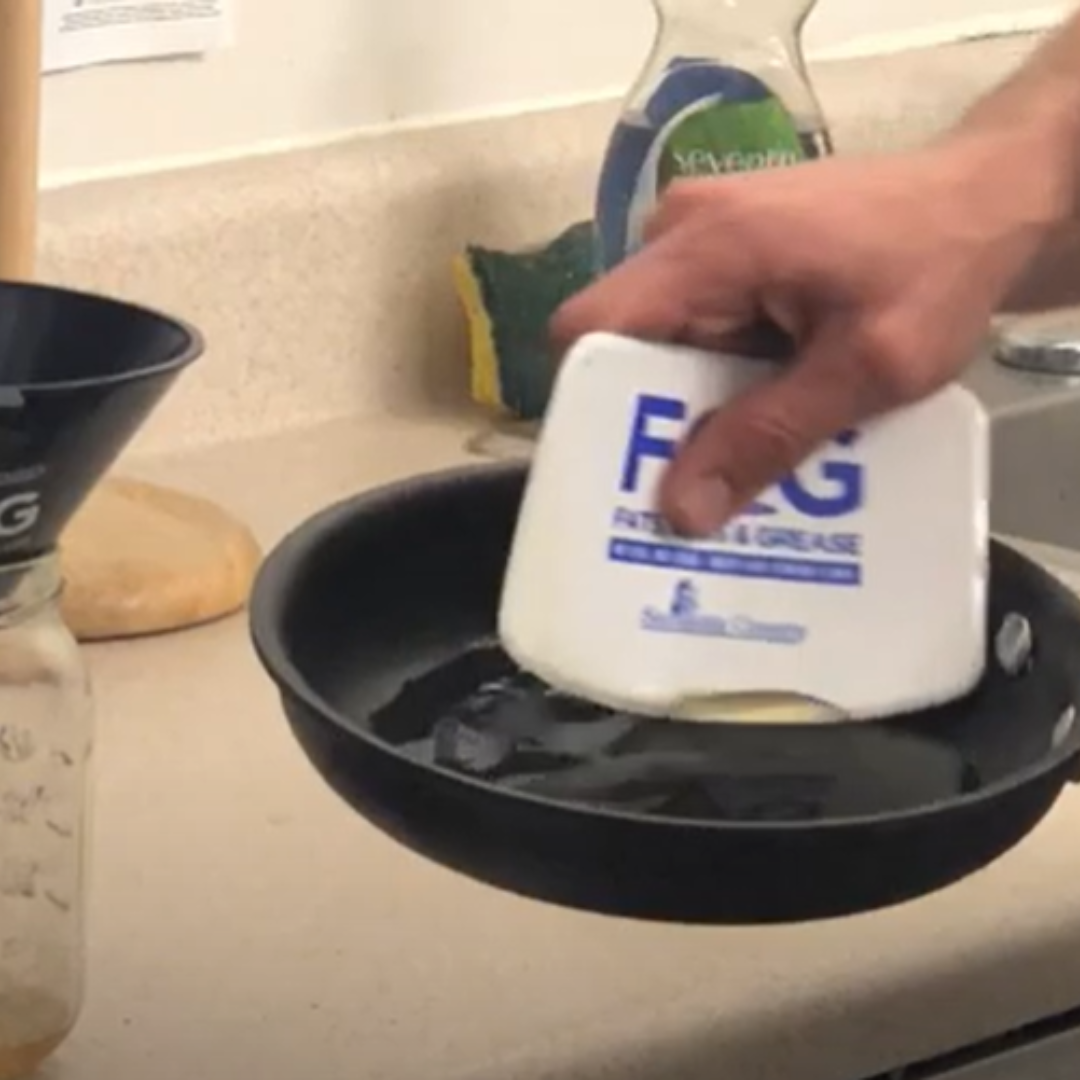 atula or other kitchen utensil to scrape the FOG into a disposable container.
atula or other kitchen utensil to scrape the FOG into a disposable container.
Contain it – Contain and store your cooled FOG in a disposable container. My favorite thing to use is an empty plastic jar with a screw-top lid. You can store this in the fridge where the FOGs may solidify.
Trash it – When your container is full, drop it into your household trash on collection day. It may be a good idea to freeze your FOG before putting it in the trash to prevent leakage. If you do choose to freeze your FOG, remember to allow room in the jar for expansion.
Join LAKEWATCH
Since 1986 Florida LAKEWATCH has been monitoring local water quality wit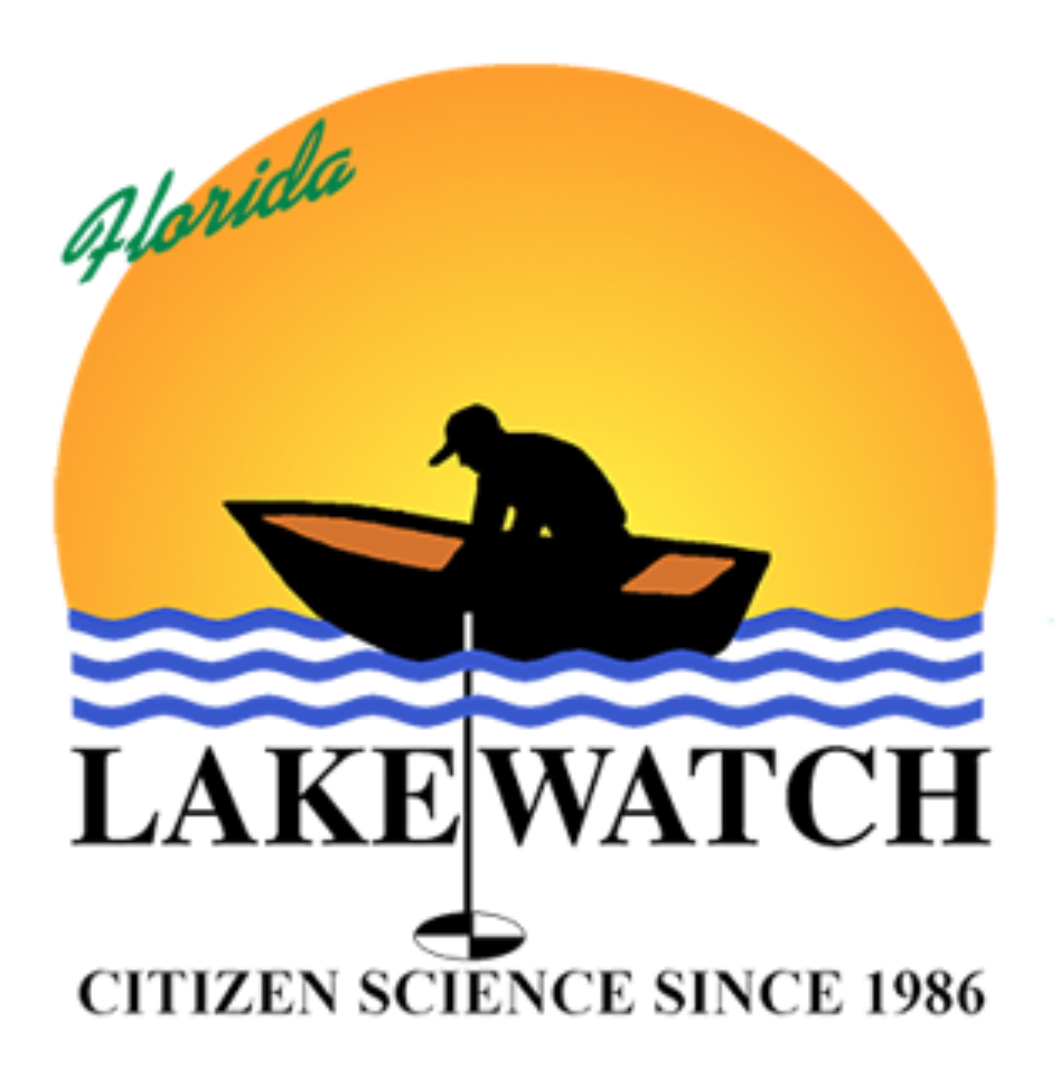 h the help of dedicated citizen volunteers. Volunteers contribute to long-term monitoring of a lake or pond of their choice. Volunteers receive an annual report for their lake, are invited to an annual appreciation event, and gain access to information and experts from UF/IFAS.
h the help of dedicated citizen volunteers. Volunteers contribute to long-term monitoring of a lake or pond of their choice. Volunteers receive an annual report for their lake, are invited to an annual appreciation event, and gain access to information and experts from UF/IFAS.
CLICK HERE to learn more about Florida LAKEWATCH.
If you are interested in volunteering for Florida LAKEWATCH in Sarasota County, email Michael D’Imperio at mdimperio@ufl.edu.
 3
3
